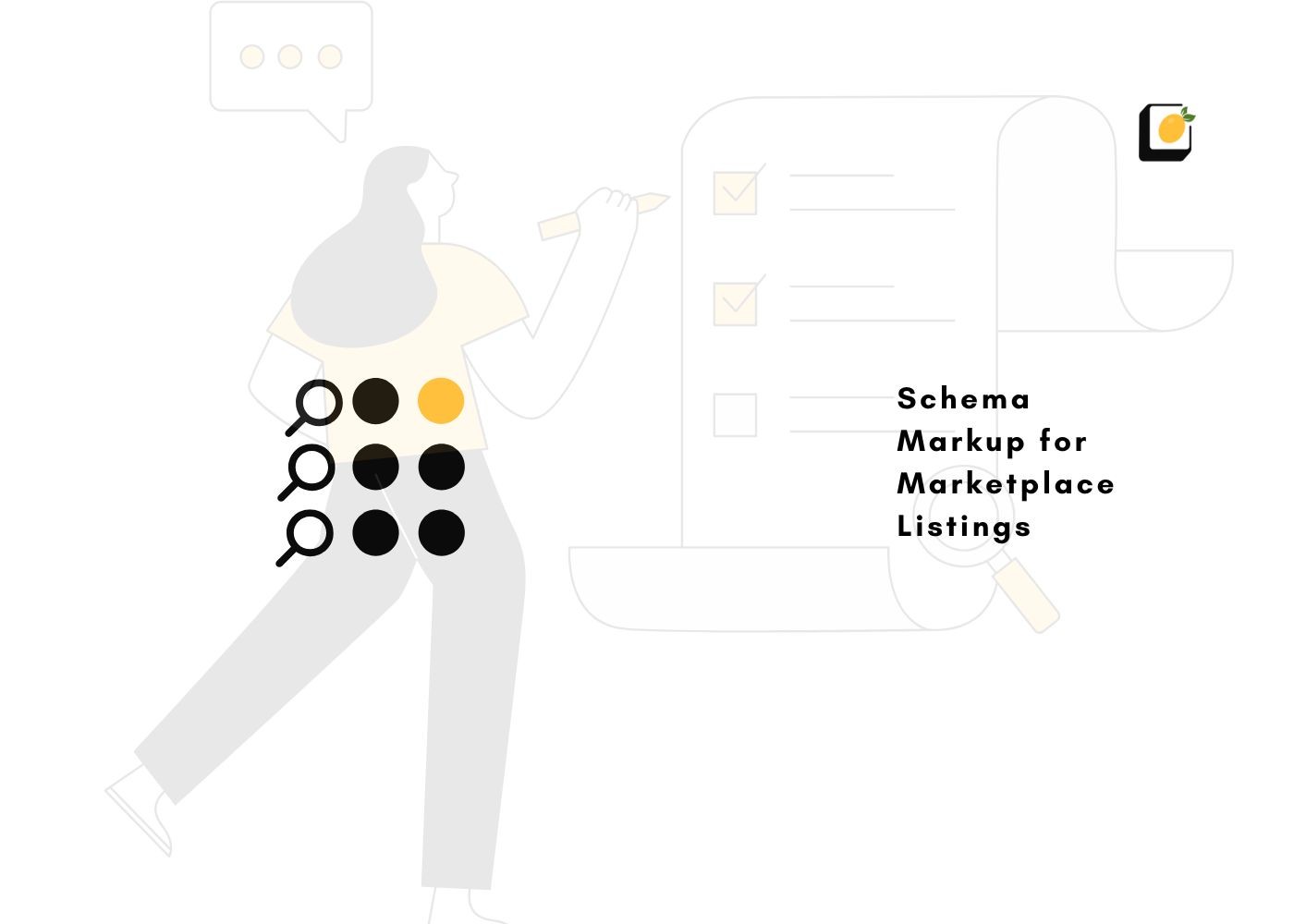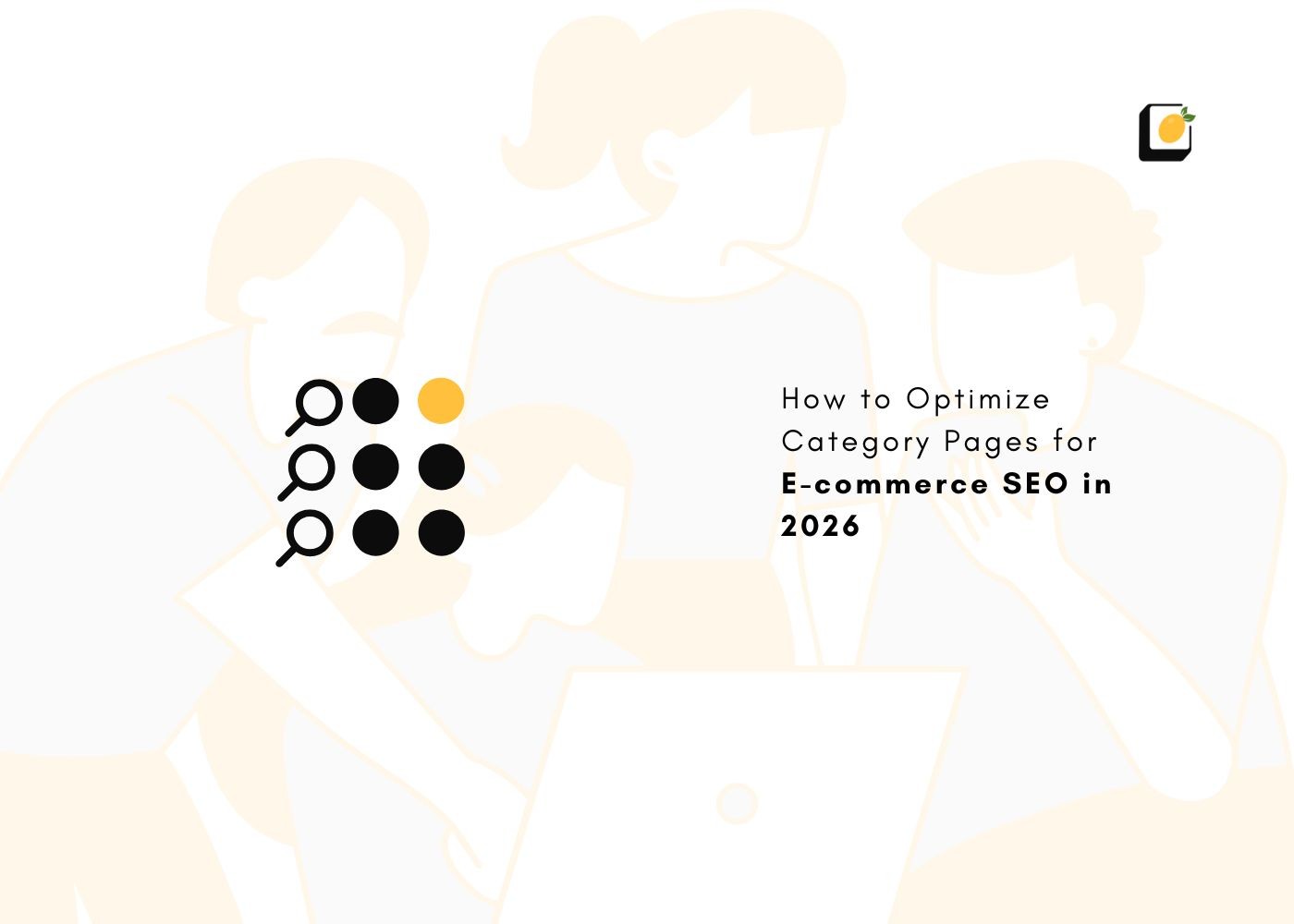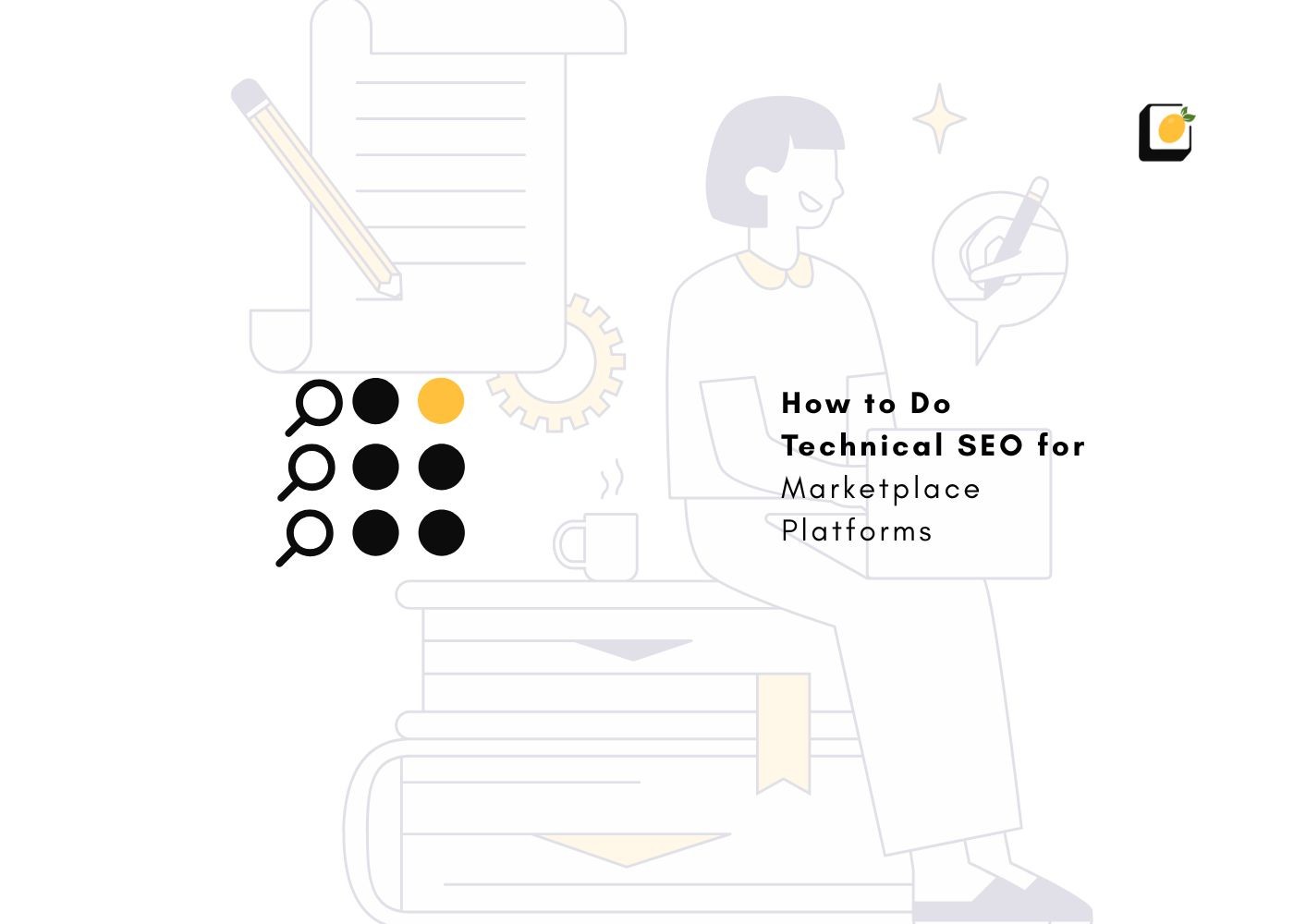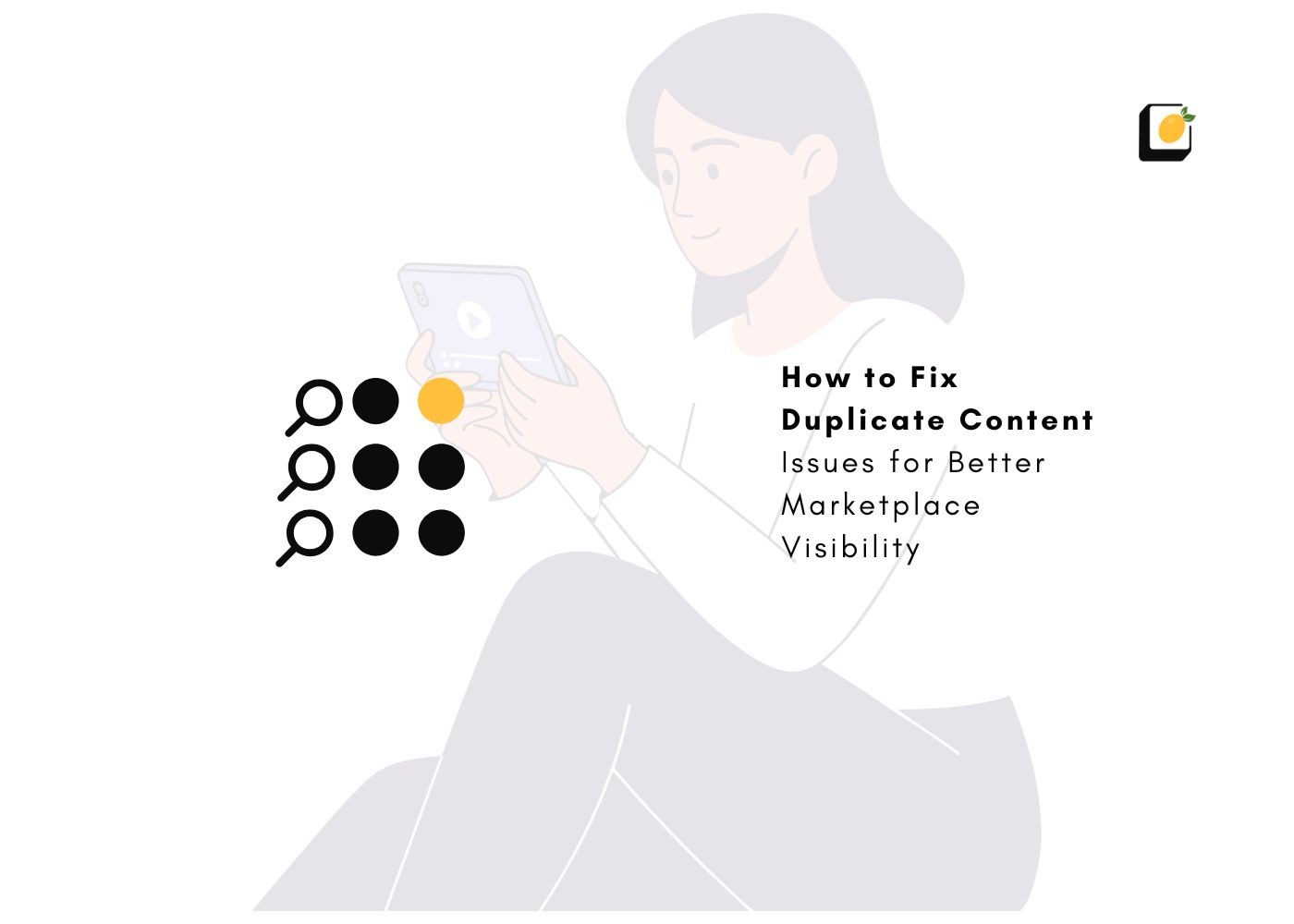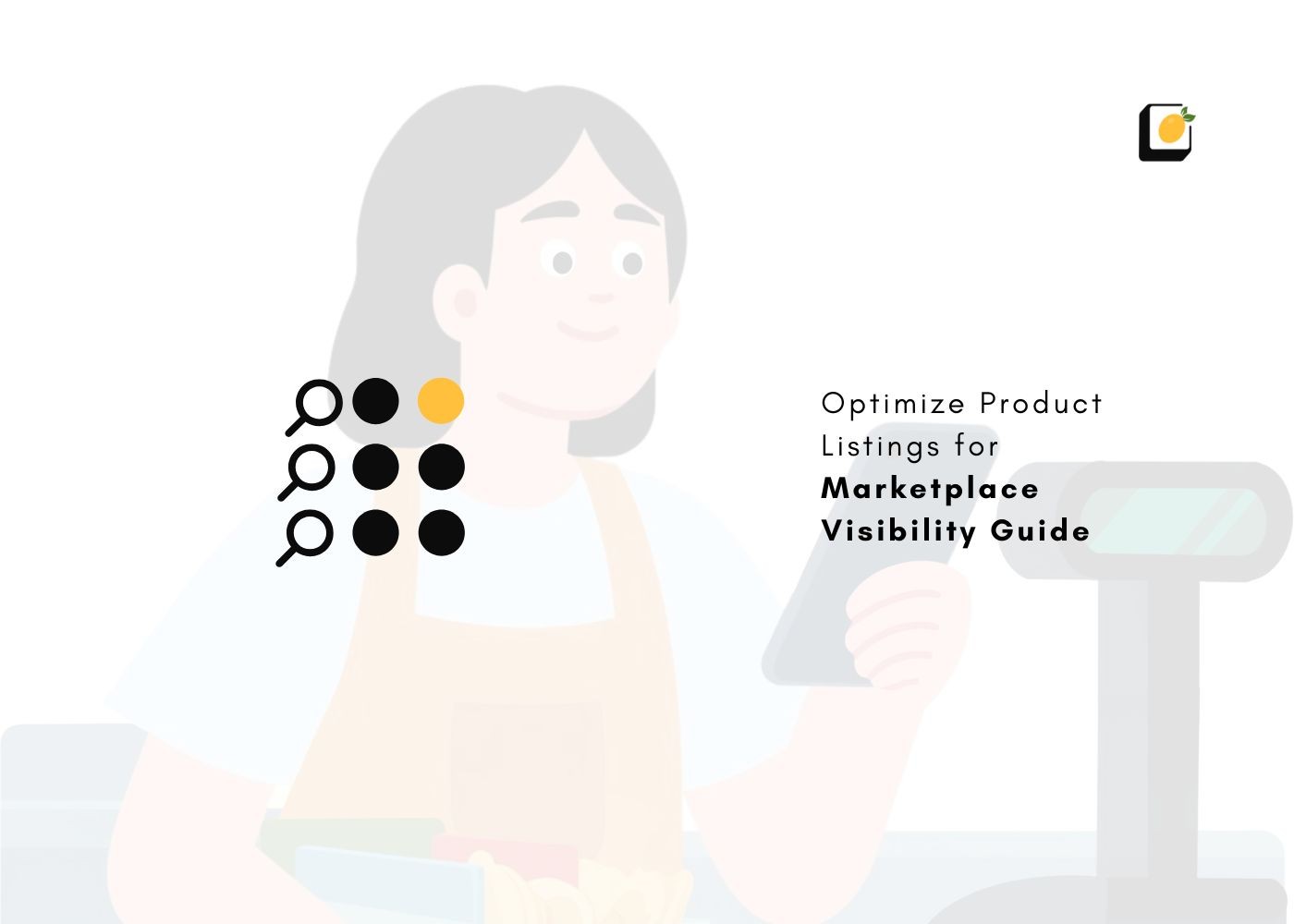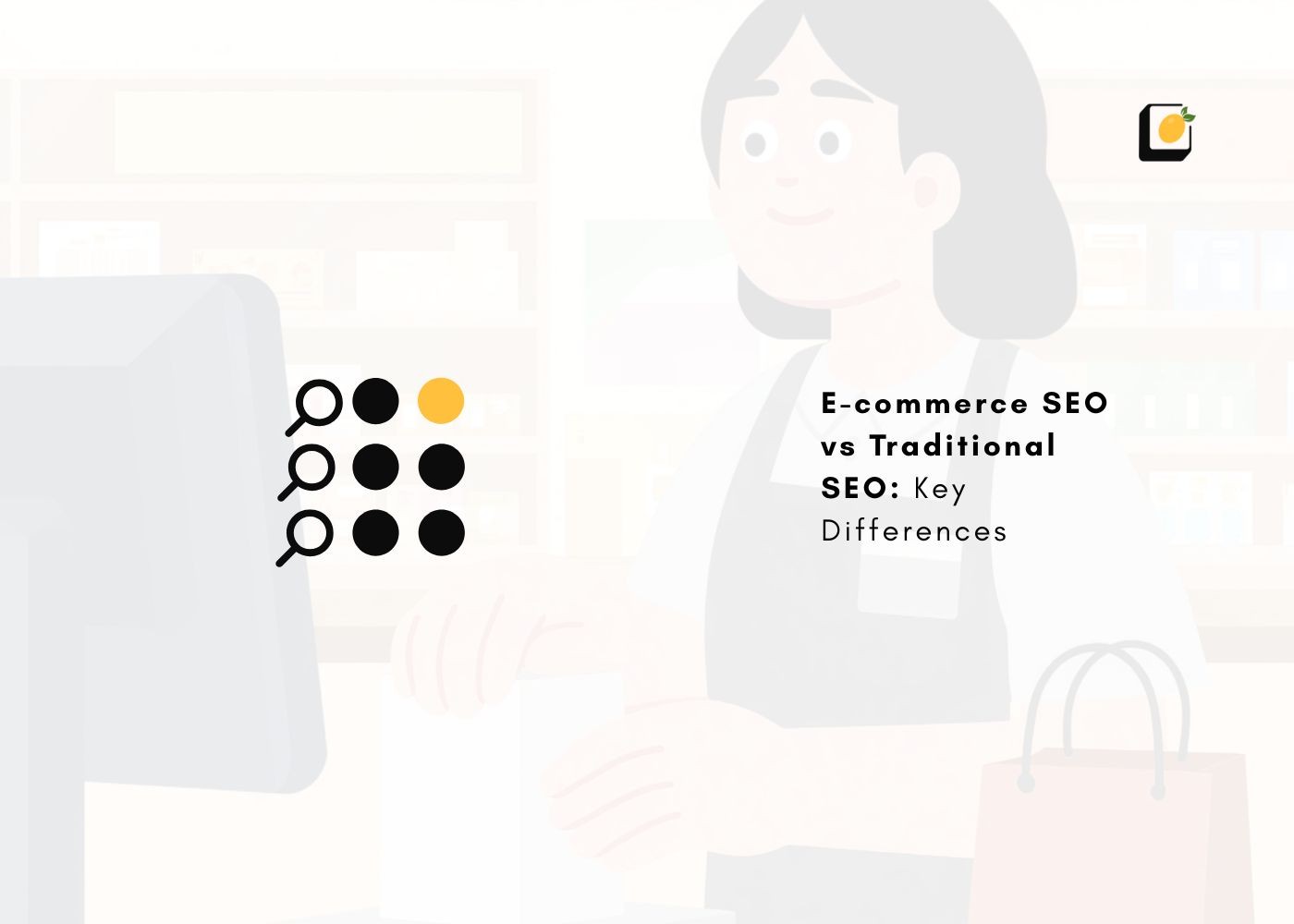Tracking SEO, GEO, and Ad Performance in Real-Time With AI-Powered Analytics Dashboards
July 16, 2025
Join 500+ brands growing with Passionfruit!
Modern businesses need more than basic marketing analytics to compete in today's digital landscape. Traditional reporting methods often leave you waiting days or weeks to understand campaign performance, making it impossible to capitalize on opportunities or fix problems before they hurt your bottom line.
This is where AI-powered SEO analytics dashboards change everything, especially when paired with comprehensive SEO management strategies that align analytics with business goals.
Real-time SEO tracking has become essential as search algorithms evolve faster than ever. With AI search engines like ChatGPT, Perplexity, and Google's AI Overviews reshaping how people find information, you need analytics that keep pace with these changes. The right dashboard doesn't just show you what happened—it helps you understand what's happening now and what to do next.
What Makes AI Analytics Dashboards Different
AI SEO tools go beyond traditional analytics by using machine learning to identify patterns, predict trends, and automatically flag opportunities or issues. Instead of manually sifting through hundreds of data points, AI processes everything instantly and highlights what matters most for your business goals. For marketers looking to harness AI effectively, understanding how ChatGPT can streamline your SEO workflow becomes essential for maximizing dashboard efficiency.
The key advantage lies in predictive analytics. While standard SEO analytics tools tell you how keywords performed last month, AI-powered systems can predict which keywords will likely drive the most valuable traffic next month. This forward-looking approach transforms how you allocate resources and plan campaigns.
Marketing performance dashboards powered by AI also excel at cross-channel attribution. They can track how your SEO efforts influence paid advertising performance, how social media engagement affects organic search rankings, and how email campaigns impact website conversions. This holistic view is impossible to achieve with traditional, siloed reporting tools.

Core Features of Advanced Analytics Dashboards
Real-Time Performance Monitoring
Real-time analytics provide instant visibility into campaign performance across all channels. You can see traffic spikes, conversion changes, and ranking fluctuations as they happen, not hours or days later. This immediacy allows for quick adjustments that can save thousands in ad spend or capitalize on viral content opportunities.
Modern analytics dashboards integrate data from Google Analytics, Search Console, social platforms, and advertising networks in a single view. You no longer need to jump between multiple tools to understand overall performance. Everything updates automatically, giving you a live pulse on your digital marketing health.
AI-Powered Insights and Recommendations

The most valuable feature of AI for SEO dashboards is their ability to surface actionable insights automatically. Instead of spending hours analyzing data, the AI identifies unusual patterns, suggests optimization opportunities, and even predicts future performance based on current trends. Professional marketers often combine multiple AI-powered SEO tools to create comprehensive optimization workflows.
For example, if your SEO dashboard notices that pages targeting certain keywords are losing rankings, it can automatically suggest content updates, technical fixes, or link-building opportunities. This proactive approach helps you stay ahead of competitors who are still relying on reactive reporting.
Cross-Platform Integration

Marketing analytics tools work best when they can pull data from all your marketing channels. The most effective dashboards integrate with Google Ads, Facebook Ads, LinkedIn, email platforms, CRM systems, and e-commerce platforms. This comprehensive integration ensures you never miss important connections between different marketing activities.
Website analytics become much more powerful when combined with offline data sources. Modern dashboards can incorporate phone calls, in-store visits, and even sales team interactions to provide a complete picture of customer journey attribution.
Benefits of Real-Time SEO and Marketing Tracking

Immediate Problem Detection
Website analytics tools with real-time monitoring can alert you within minutes if your site experiences technical issues, traffic drops, or conversion problems. This rapid detection often means the difference between minor adjustments and major revenue loss.
When Google releases algorithm updates or when competitors launch aggressive campaigns, real-time SEO tracking helps you respond immediately rather than discovering problems weeks later during monthly reporting reviews. Smart marketers often supplement dashboard alerts with proven SEO improvement strategies to maintain consistent performance growth.
Optimized Budget Allocation
Advertising dashboard features help you shift budget from underperforming campaigns to high-converting opportunities in real-time. Instead of waiting for end-of-month reviews, you can make daily or even hourly adjustments based on actual performance data.
PPC reporting tools integrated with SEO data help you understand which paid keywords should become organic targets and which organic successes should receive paid amplification. This coordination typically improves overall marketing ROI by 20-30%.
Enhanced Team Collaboration
Reporting dashboard access can be customized for different team members, ensuring everyone sees the metrics most relevant to their role. Executives see high-level KPIs, while specialists access detailed performance data for their specific channels.
Data dashboards with automated alerts keep teams aligned on priorities. When important metrics hit predetermined thresholds, relevant team members receive notifications with context about what action to take.
Key Metrics to Track in Your AI Dashboard

SEO Performance Indicators
SEO performance tracking should include organic traffic, keyword rankings, click-through rates, and conversion rates. However, AI dashboards can also track more sophisticated metrics like semantic keyword coverage, content freshness scores, and topical authority measurements.
Automated SEO monitoring includes technical health metrics like page speed, mobile usability, and Core Web Vitals. The AI can predict how technical issues might impact rankings and suggest fixes before problems affect traffic. Many successful businesses integrate comprehensive automated SEO systems to maintain consistent optimization without manual oversight.
GEO (Generative Engine Optimization) Metrics

As AI search engines gain market share, tracking GEO analytics becomes crucial. Monitor how often your content appears in ChatGPT responses, Perplexity answers, and Google AI Overviews. Track citation rates, answer accuracy, and brand mention frequency across these platforms. Forward-thinking marketers are already mastering generative engine optimization techniques to stay ahead of search evolution.
AI-powered SEO tools can analyze which content formats perform best in different AI search contexts and suggest optimizations to increase visibility in generative search results.
Advertising and Conversion Metrics
Ad performance tracking should include cost per acquisition, lifetime value, return on ad spend, and attribution across multiple touchpoints. AI dashboards excel at understanding complex customer journeys that span multiple channels and extended time periods.
Google Analytics dashboard integration ensures that advertising data connects with comprehensive user behavior analytics, helping you understand not just who clicks your ads, but what they do on your website afterward.
Setting Up Your AI-Powered Dashboard
Choosing the Right Platform
Marketing analytics tools vary significantly in their AI capabilities and integration options. Look for platforms that offer pre-built connectors to your existing tools, customizable alert systems, and predictive analytics features. Business owners often benefit from reading comprehensive comparisons of leading SEO platforms before making platform decisions.
The best analytics tools combine ease of use with powerful functionality. Your team should be able to access important insights without technical expertise, while specialists can dive deep into detailed data when needed.
Data Integration Strategy
Web analytics integration requires careful planning to ensure data accuracy and consistency. Establish clear definitions for key metrics, implement proper tracking codes, and regularly audit data quality to maintain dashboard reliability.
Google Data Studio and similar tools can serve as intermediate solutions, but dedicated AI-powered platforms typically offer more sophisticated analysis and automation capabilities.
Custom KPI Development
KPI dashboard setup should reflect your specific business goals rather than generic industry metrics. Work with your analytics team to identify the measurements that most directly correlate with revenue and business growth.
Reporting tools should be configured to highlight metric changes that require immediate attention while filtering out normal fluctuations that don't warrant action.
Common Implementation Challenges and Solutions
Data Quality Issues
Website analytics accuracy depends on proper implementation and regular maintenance. Common problems include duplicate tracking, missing conversion goals, and inconsistent UTM parameter usage. Many tracking issues stem from technical SEO problems that affect both site performance and analytics reliability.
Regular data audits help maintain data analytics integrity. Schedule monthly reviews to identify and fix tracking issues before they affect decision-making.
Information Overload
Marketing analytics can overwhelm teams with too much information. Combat this by focusing on leading indicators rather than lagging metrics, and by customizing dashboard views for different user roles.
AI SEO optimization tools should prioritize actionable insights over comprehensive data dumps. If your dashboard doesn't help you make better decisions, it needs refinement.
Team Adoption Barriers
Automated SEO tools are only valuable if your team actually uses them. Provide comprehensive training, establish regular review processes, and demonstrate clear connections between dashboard insights and business results.
Advanced AI Features to Look For
Predictive Analytics
AI SEO tool capabilities should include forecasting features that help you anticipate traffic changes, seasonal trends, and competitive impacts. This foresight enables proactive strategy adjustments rather than reactive fixes.
Predictive models work best when trained on substantial historical data, so prioritize platforms that can analyze long-term trends rather than just recent performance.
Automated Reporting
SEO reporting dashboard automation saves countless hours while ensuring stakeholders receive timely updates. Look for systems that can generate custom reports for different audiences and deliver them on predetermined schedules.
Automated alerts should be sophisticated enough to distinguish between normal fluctuations and significant changes that warrant immediate attention.
Competitive Intelligence
Marketing performance dashboards with competitive tracking help you understand how your performance compares to industry benchmarks and specific competitors. This context is essential for setting realistic goals and identifying opportunity gaps.
ROI and Business Impact Measurement
Revenue Attribution
Real-time analytics excel at connecting marketing activities to actual revenue. Advanced attribution models help you understand which combination of touchpoints leads to conversions, enabling better budget allocation decisions.
The most sophisticated data analytics platforms can even incorporate offline revenue data, providing complete attribution for businesses with both online and offline sales channels.
Time-to-Insight Reduction
Traditional reporting dashboard workflows often require days or weeks to identify important trends. AI-powered systems can surface critical insights within hours or minutes, dramatically reducing the time between opportunity identification and action implementation.
This speed advantage compounds over time, creating significant competitive advantages for businesses that can adapt quickly to market changes. Marketing teams that document and measure the full spectrum of SEO benefits often justify larger analytics investments through demonstrable ROI improvements.
Future-Proofing Your Analytics Strategy
Emerging AI Search Platforms
GEO targeting strategies must account for new AI search platforms entering the market. Your analytics setup should be flexible enough to incorporate new data sources as the search landscape evolves. Marketing professionals who understand how AI search affects traditional rankings can better prepare analytics systems for future changes.
AI powered SEO success increasingly depends on understanding how different AI systems interpret and present information. Monitor performance across multiple AI platforms rather than focusing solely on traditional search engines.
Privacy and Data Regulations
Google Analytics dashboard setups must comply with evolving privacy regulations while maintaining analytical capability. Plan for a future where first-party data becomes increasingly important for marketing effectiveness.
Website analytics tools should offer privacy-compliant tracking options that don't sacrifice insight quality for regulatory compliance.
Getting Started with AI Analytics Implementation
Phase 1: Foundation Setup
Begin with comprehensive SEO analytics tracking that covers all your current marketing channels. Ensure data quality and consistency before adding advanced AI features. Most successful implementations start with solid keyword research foundations to ensure analytics focus on terms that actually drive business value.
Marketing analytics implementation works best when approached systematically. Start with core metrics and gradually add sophisticated analysis capabilities as your team becomes comfortable with the platform.
Phase 2: AI Feature Integration
Automated SEO tools should be introduced gradually, allowing your team to understand how AI insights connect to business outcomes. Start with simple predictions and recommendations before implementing complex automation rules.
AI SEO optimization becomes more effective as the system learns your business patterns and performance indicators. Allow several months for full AI training before expecting maximum value.
Phase 3: Advanced Optimization
Real-time SEO tracking reaches peak effectiveness when combined with automated response systems. Advanced implementations can automatically adjust bid strategies, content recommendations, and technical optimizations based on AI insights.
Frequently Asked Questions
What's the difference between traditional SEO tools and AI-powered dashboards? Traditional tools report what happened, while AI SEO tools predict what will happen and recommend specific actions. AI systems process vast amounts of data to identify patterns humans might miss, providing more actionable insights for strategy optimization.
How much does real-time analytics improve marketing performance? Businesses using real-time analytics typically see 20-40% faster problem resolution and 15-25% better campaign optimization compared to those relying on weekly or monthly reporting cycles.
Can AI dashboards integrate with my existing marketing tools? Most modern marketing analytics tools offer extensive integration capabilities. However, integration complexity varies depending on your current tech stack and the specific dashboard platform you choose.
How long does it take to see ROI from AI analytics implementation? Marketing performance dashboards typically show initial benefits within 30-60 days, with full ROI realization occurring within 6-12 months as teams adapt to AI-driven decision making processes.
What skills does my team need to manage AI-powered analytics? Analytics dashboards are designed for user-friendly operation, but teams benefit from basic understanding of marketing metrics, campaign optimization principles, and data interpretation fundamentals.
Conclusion
AI-powered SEO analytics represent the future of digital marketing measurement and optimization. The combination of real-time monitoring, predictive insights, and automated recommendations enables marketing teams to operate with unprecedented efficiency and effectiveness.
The businesses that adopt marketing analytics AI capabilities now will gain substantial competitive advantages as the technology becomes more sophisticated. Those who wait risk falling behind competitors who are already using AI to optimize campaigns, predict trends, and respond to market changes in real-time.
Real-time SEO tracking and comprehensive marketing performance dashboards are no longer luxury features—they're essential tools for any business serious about digital marketing success. The question isn't whether to implement AI analytics, but how quickly you can begin transforming your data into competitive advantage. Content creators who master AI-powered content strategies often see faster results from their analytics investments.
Ready to transform your marketing analytics with AI-powered insights? Contact Passionfruit to learn how our comprehensive SEO, GEO, and advertising optimization platform can provide the real-time visibility and predictive analytics your business needs to dominate in the age of AI search.





